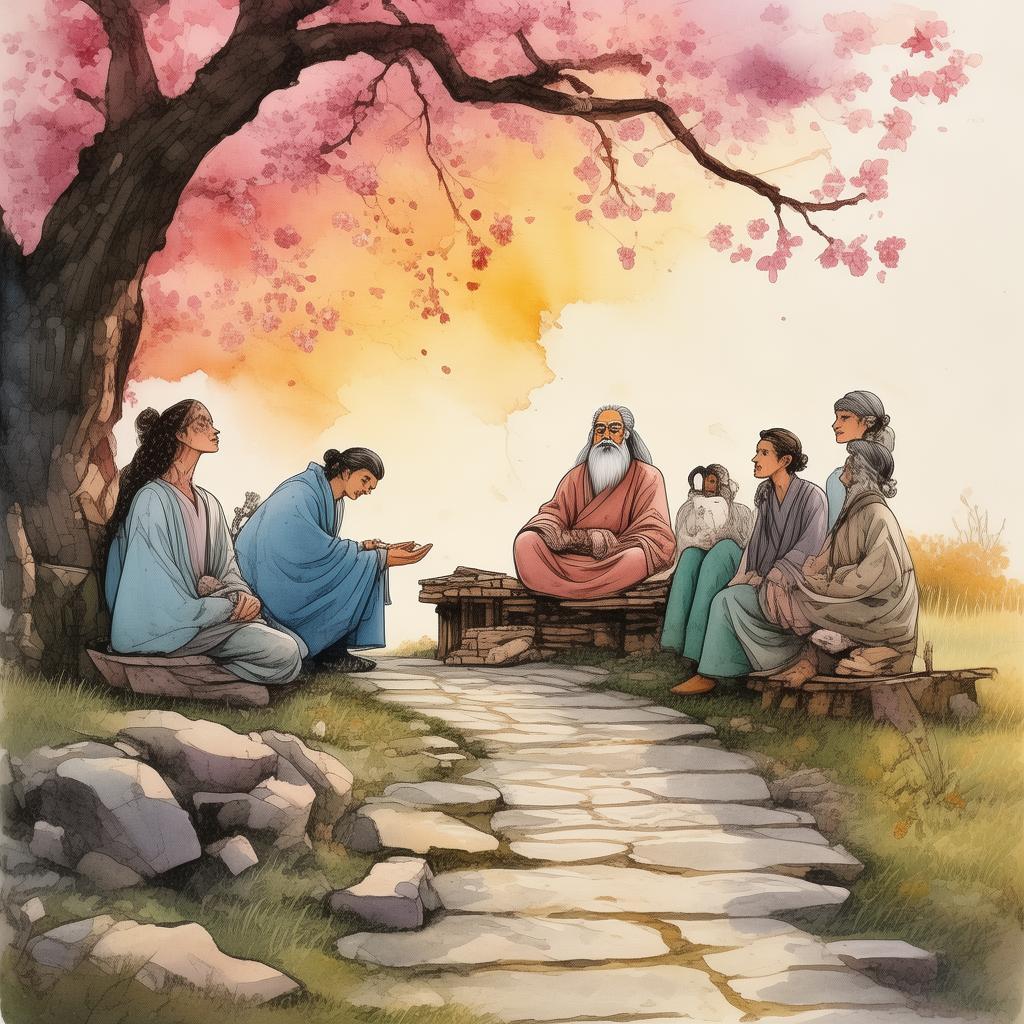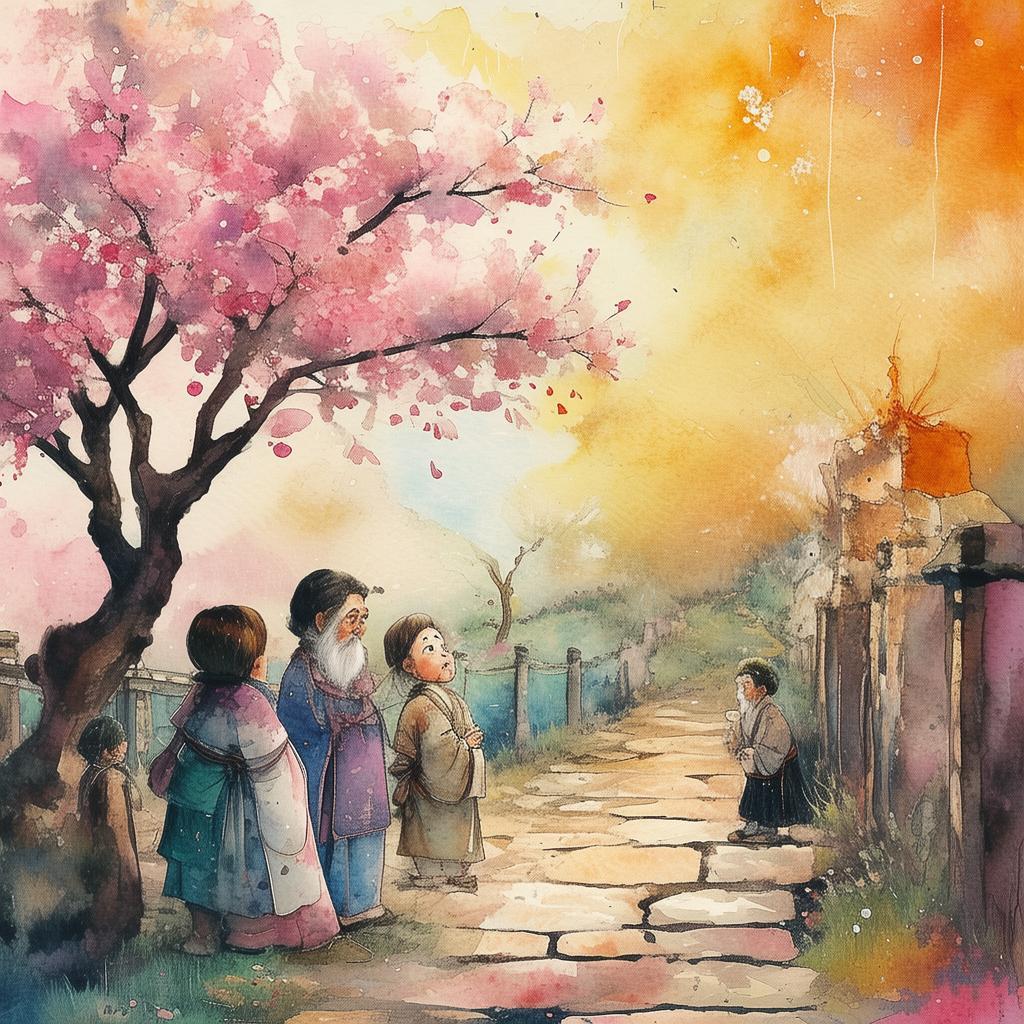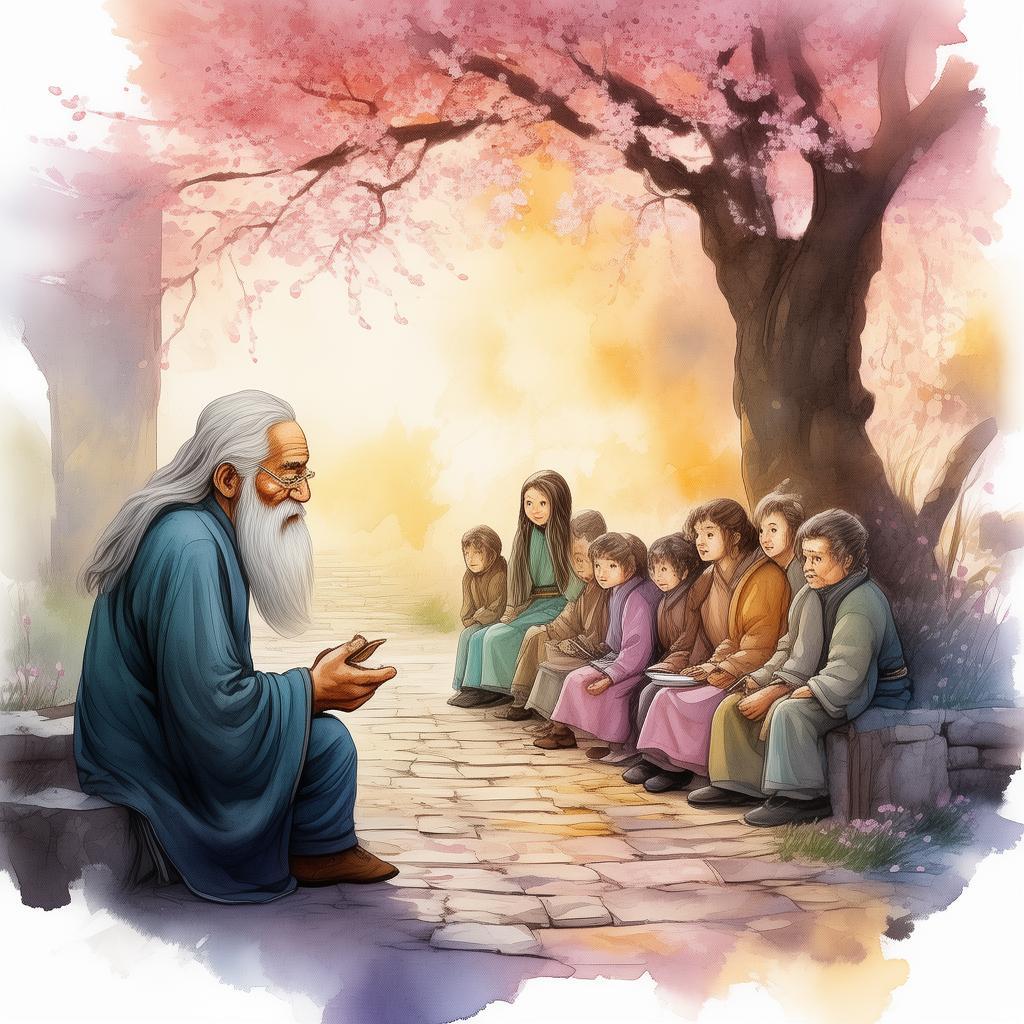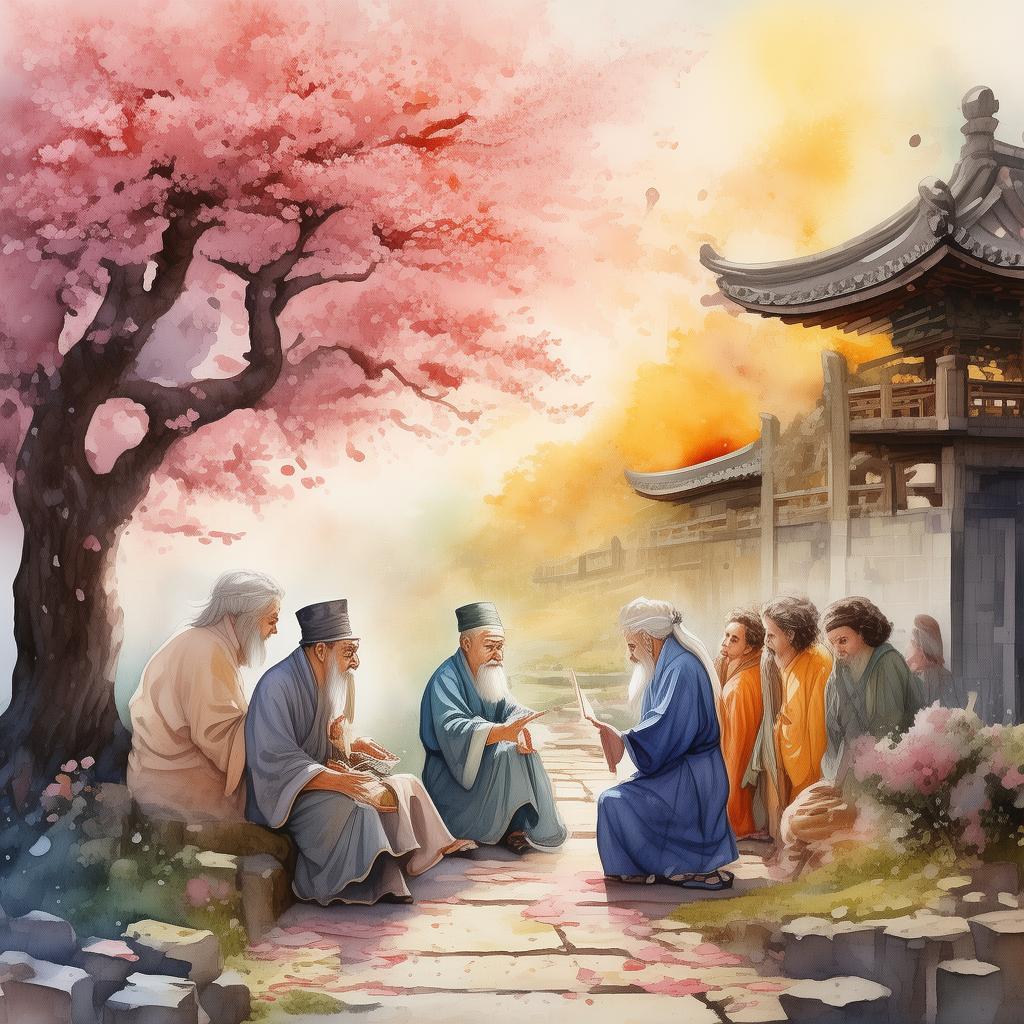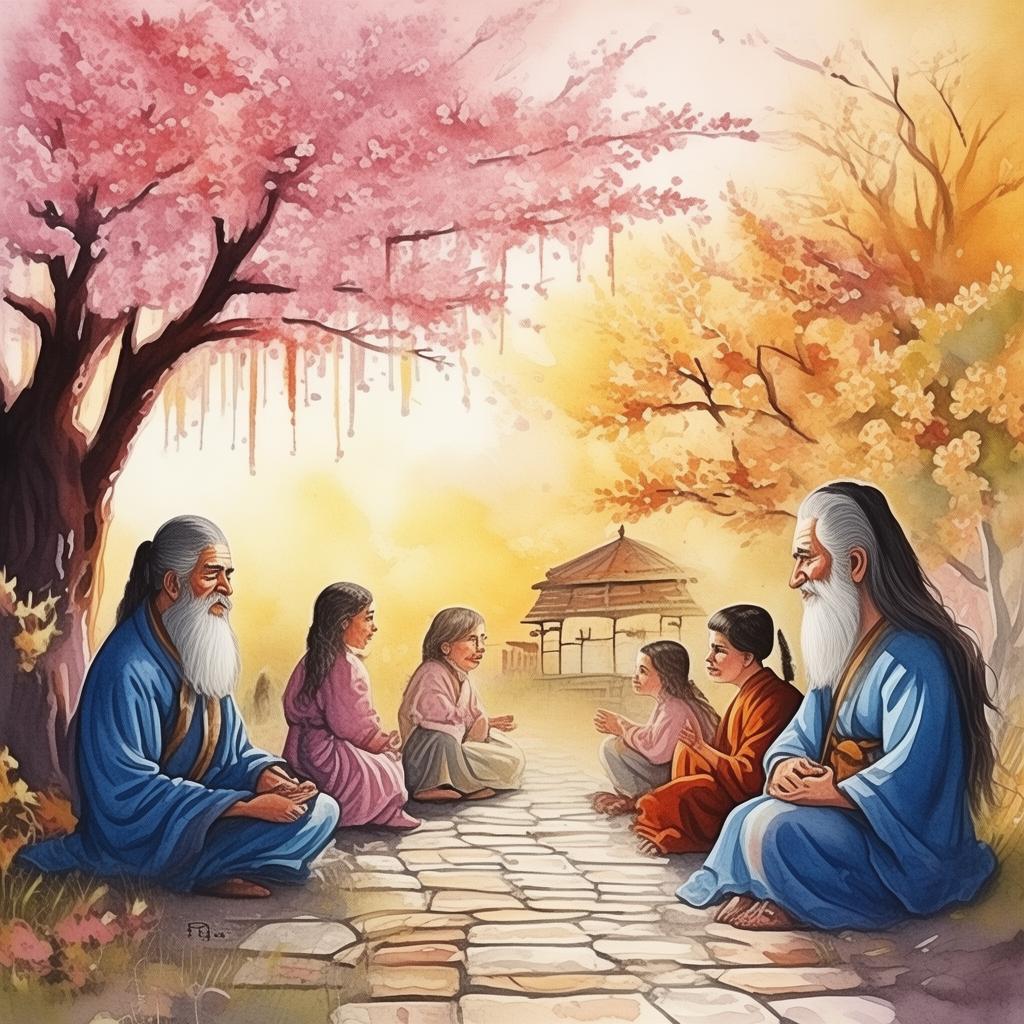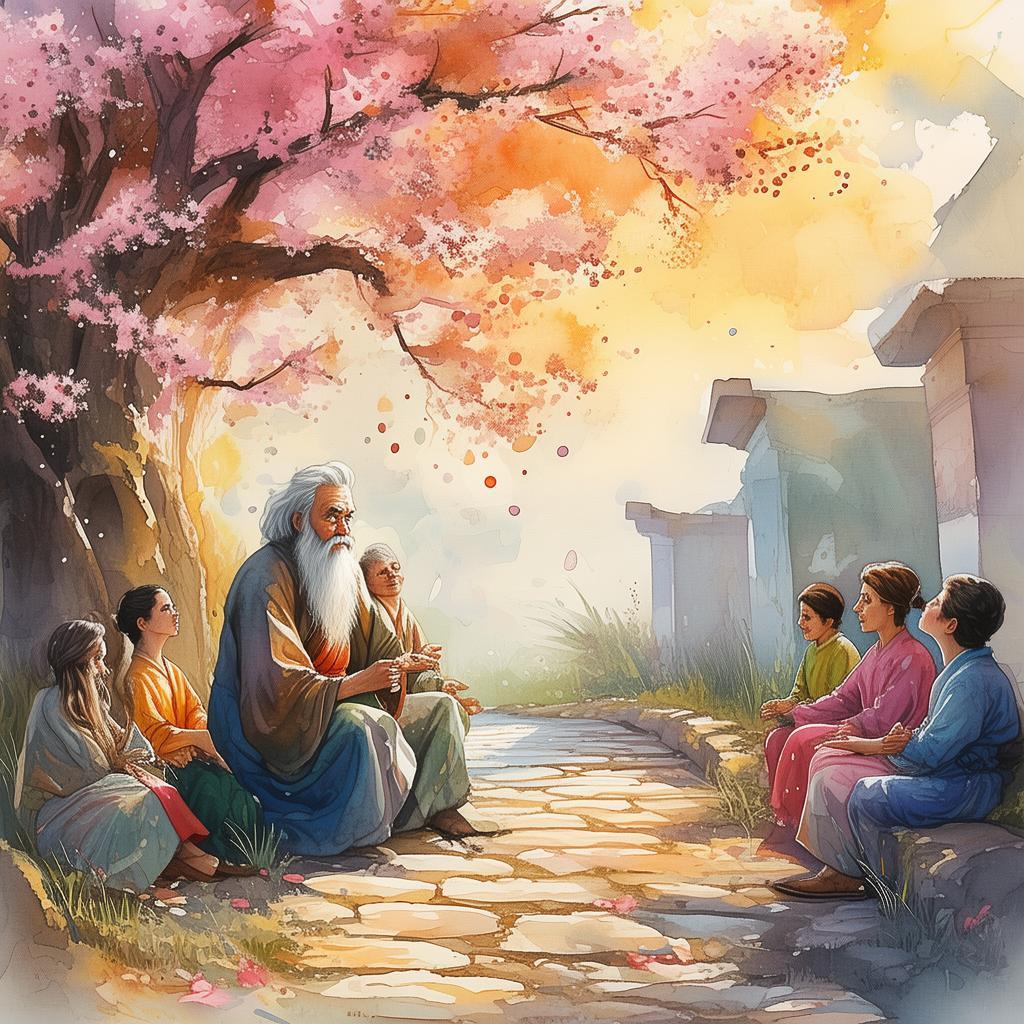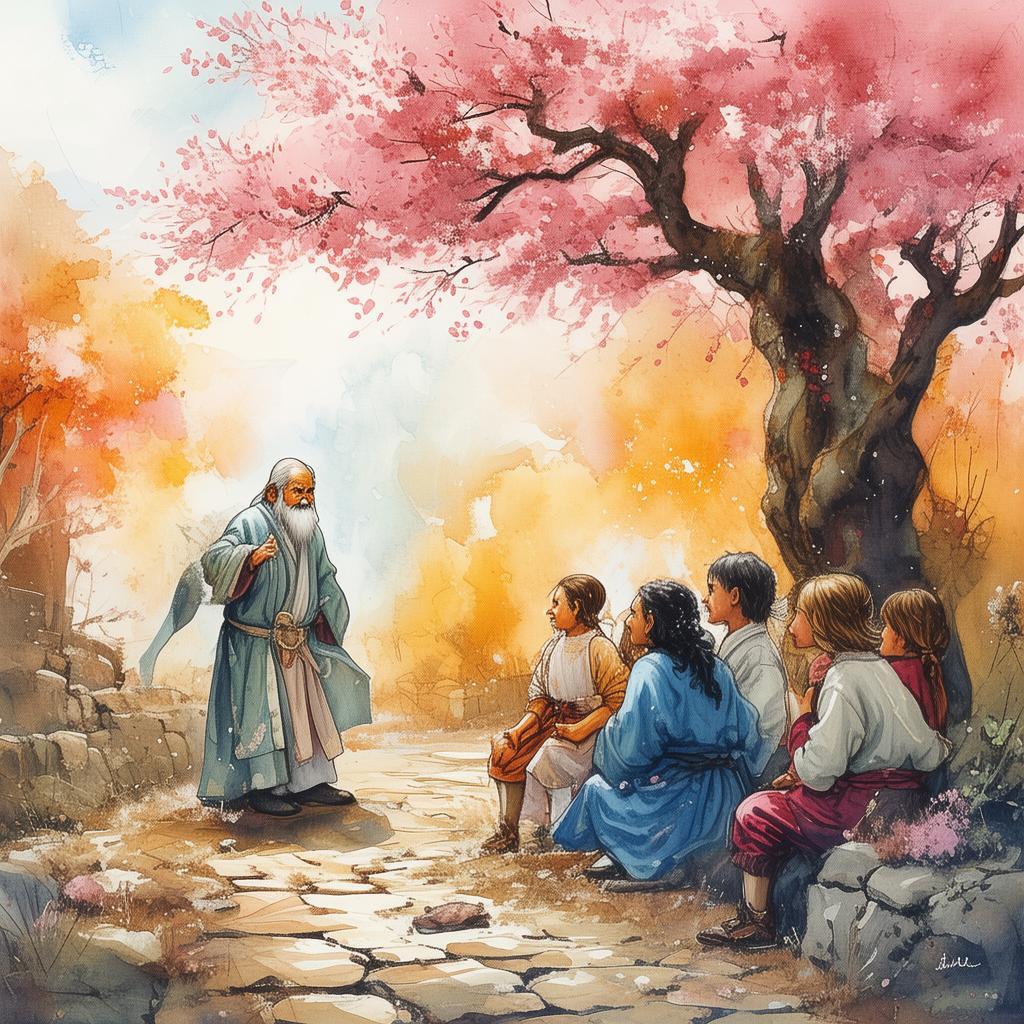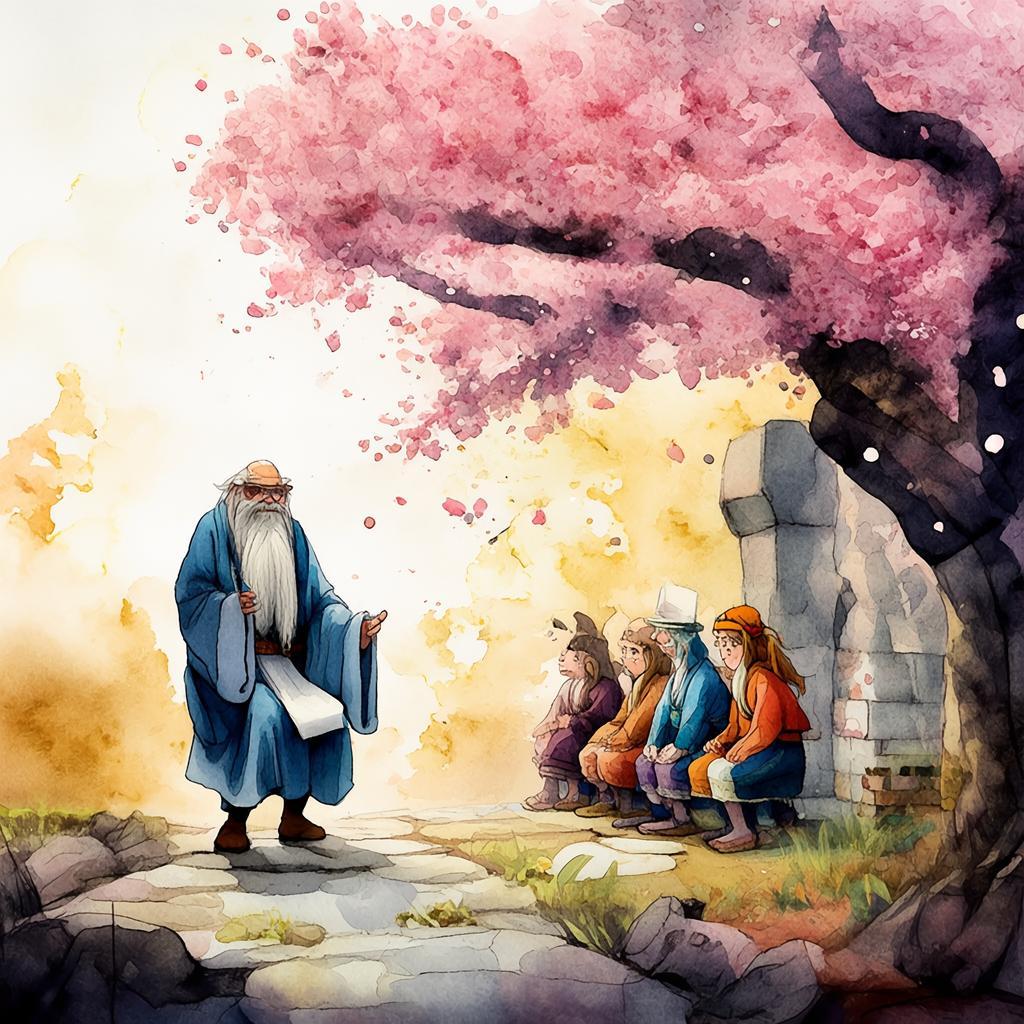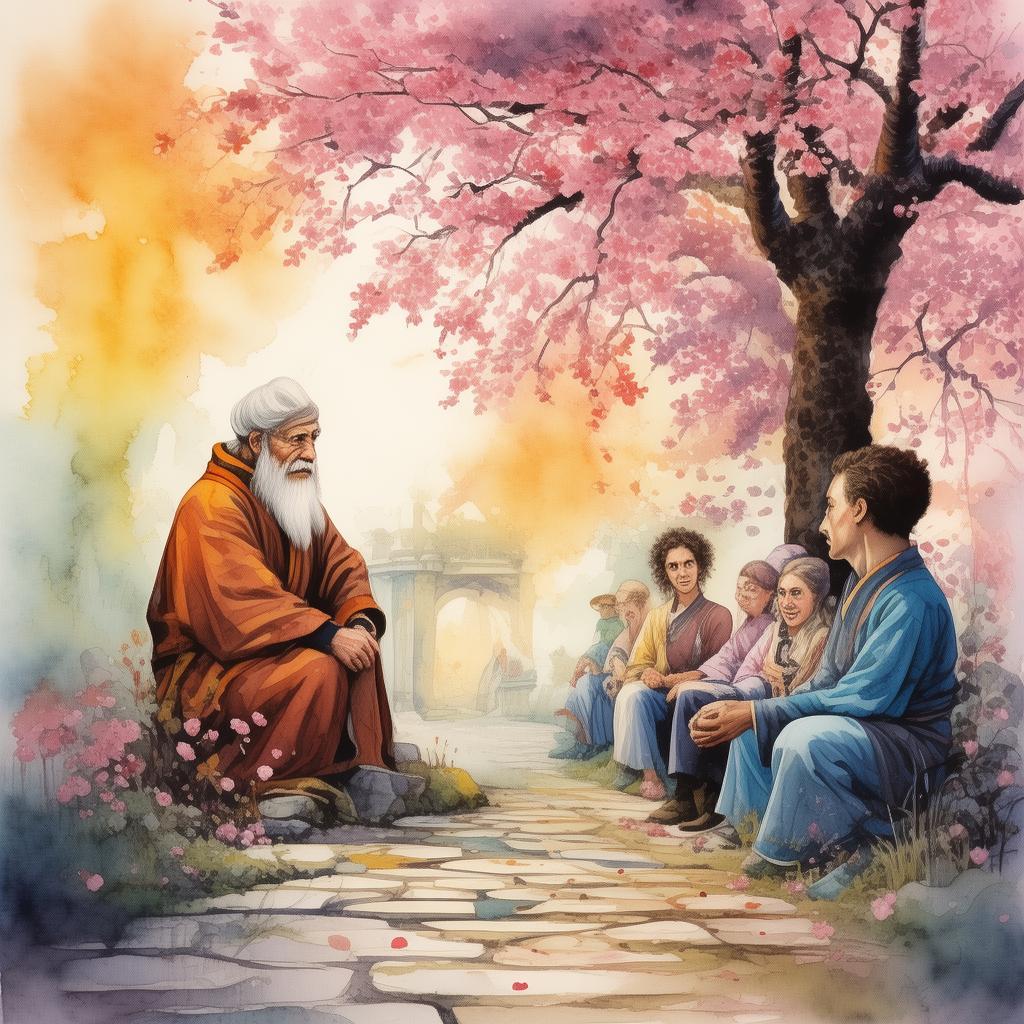Strings of Retribution: A Violinist's Vengeance
In the heart of Vienna, where the air was thick with the scent of coffee and the music of the streets, there lived a violinist named Eliza. Her name was whispered in hushed tones, not for her talent, but for the tragedy that had befallen her. Eliza had been the victim of a heinous crime, one that left her with a broken heart and a searing desire for revenge.
It was the night of the annual Vienna Music Festival. Eliza had been practicing her violin, her fingers dancing over the strings with practiced precision, when the doorbell rang. She had been expecting her old friend, a cellist named Jakob, who had promised to accompany her on the festival's grand stage. As she opened the door, she was greeted not by Jakob, but by a man she had never seen before. The stranger's eyes held a cold, calculating gaze, and in his hand was a gun.
"Eliza," he said, his voice steady and sinister, "I'm here to make sure you never perform again."
The stranger's name was Viktor. He was the son of a notorious gang leader, and he had been sent to silence Eliza because her father had been a police officer who had put him in jail. The attack left Eliza with a shattered wrist and a broken spirit, her dreams of performing at the festival gone in an instant.
Months passed, and Eliza's life changed forever. She had been a violinist of great promise, but now she was a paraplegic, confined to a wheelchair. The pain of her injuries and the loss of her ability to play her beloved instrument were compounded by the knowledge that her father had died in the attack, leaving her alone to face the world.
Determined to make Viktor pay, Eliza turned to her one remaining talent: her violin. She began to compose a piece of music that would become the centerpiece of her revenge. It was a piece that would weave together the threads of her past, her pain, and her quest for justice.
The night of the festival arrived once more, and Eliza, in her wheelchair, took the stage. The audience was captivated, as they always were by her music. But this time, Eliza was not performing a piece of classical music. Instead, she played her own composition, a symphony of strings that told the story of her father's sacrifice, her own pain, and her quest for justice.
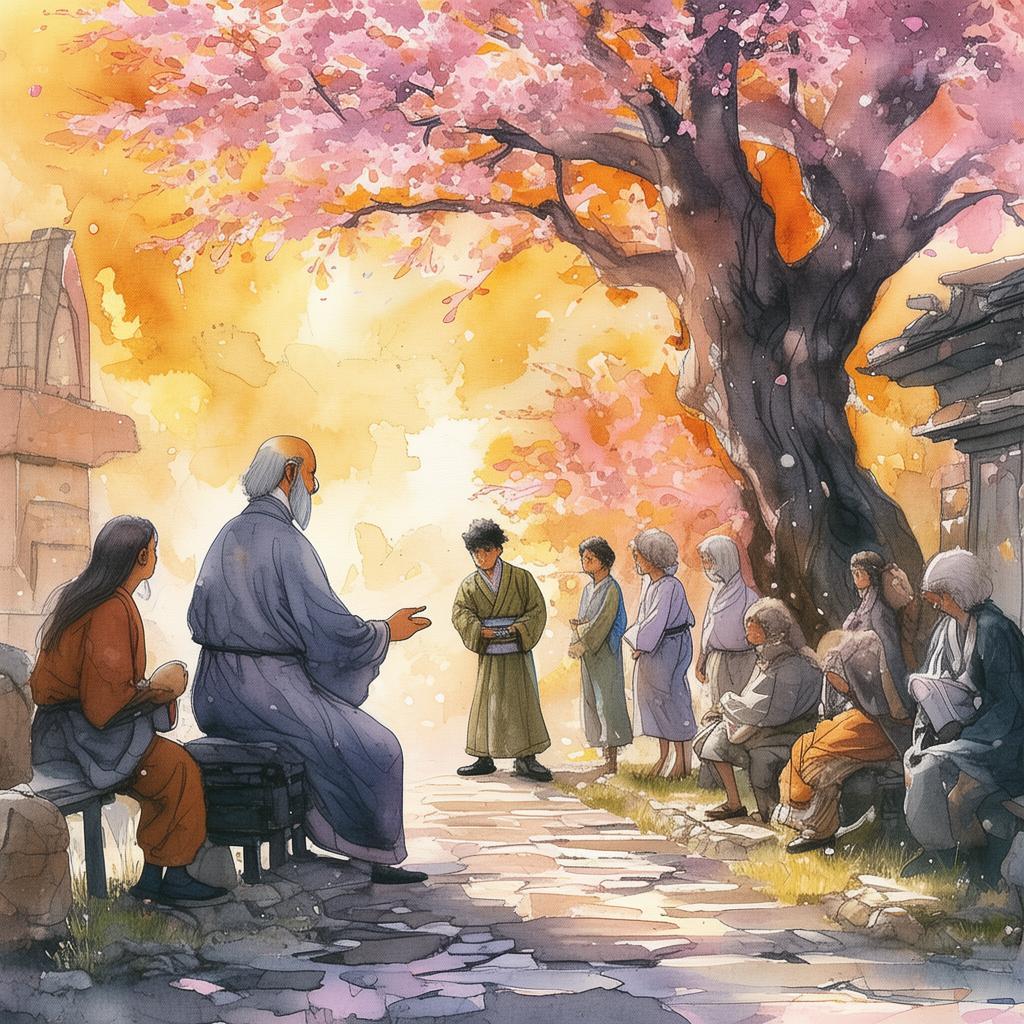
As she played, Eliza's eyes closed, and her fingers moved over the strings with a newfound fervor. The music was a storm of emotions, a whirlwind of grief, anger, and love. The audience was silent, holding their breath, as the music took them on a journey through the depths of Eliza's soul.
Viktor, who had been watching from the shadows, was unable to look away. The music was a siren call, drawing him closer to the stage. As the final notes of the symphony echoed through the hall, Eliza opened her eyes and looked directly at Viktor. The crowd gasped, and the silence was thick with tension.
"You see, Viktor," Eliza began, her voice steady and clear, "music is a powerful thing. It can heal, it can destroy, and it can bring peace. Today, I offer you a choice. You can listen to my music and find peace, or you can continue down the path of darkness and violence."
Viktor, standing frozen in place, could only nod. The weight of Eliza's words and the power of her music had touched him deeply. In that moment, he realized that he had been living a lie, a life driven by his father's legacy of violence.
Eliza continued, "I forgive you, Viktor. I forgive you for what you did to me and to my father. But I also forgive myself for the years I wasted in anger and bitterness. Let us let go of the past and embrace a future of love and peace."
The crowd erupted into applause, their cheers echoing through the hall. Eliza, with a smile that was both sad and hopeful, played her final note. The music faded, leaving behind a silence that was filled with the promise of a new beginning.
The Violinist's Vengeance was not a story of blood and violence, but of forgiveness and redemption. It was a tale of a woman who found her voice in the face of adversity and used it to bring peace to herself and to others. And so, Eliza's music became a symbol of hope, a reminder that even in the darkest of times, there is always a light to guide us forward.
✨ Original Statement ✨
All articles published on this website (including but not limited to text, images, videos, and other content) are original or authorized for reposting and are protected by relevant laws. Without the explicit written permission of this website, no individual or organization may copy, modify, repost, or use the content for commercial purposes.
If you need to quote or cooperate, please contact this site for authorization. We reserve the right to pursue legal responsibility for any unauthorized use.
Hereby declared.
